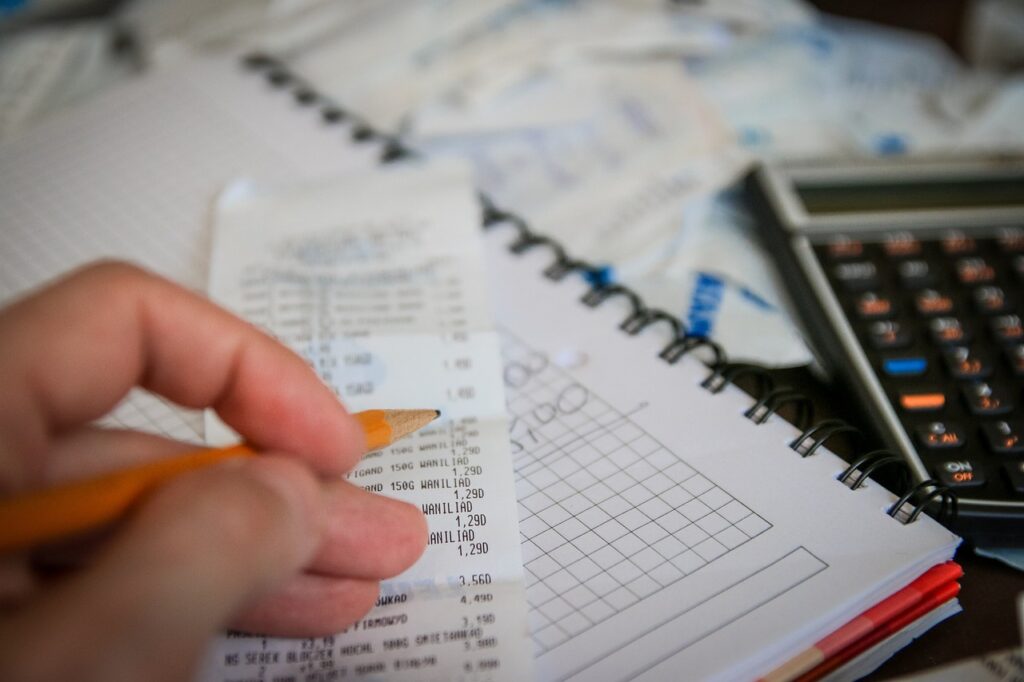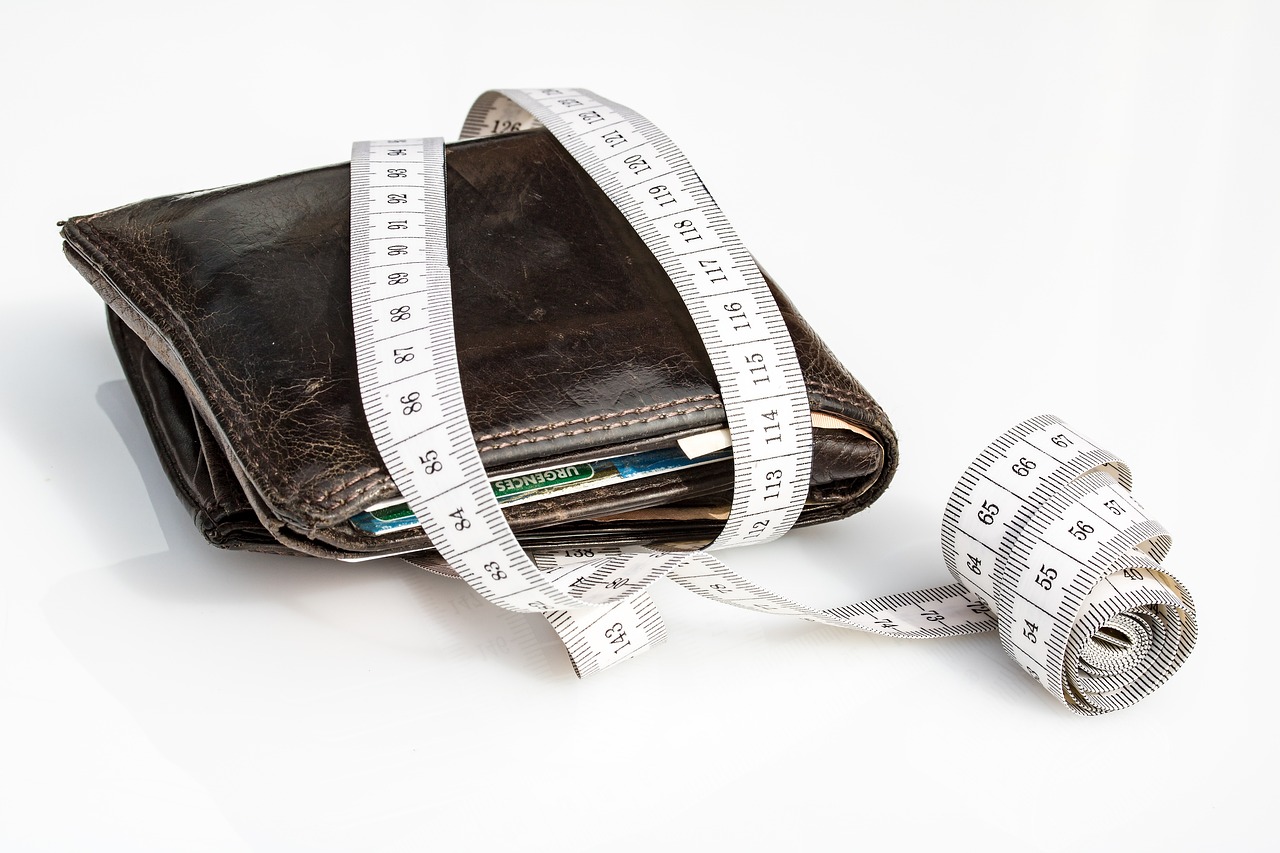I am sure we are all aware of the turmoil our world economy is in currently. It is impacting each and every person out there directly or indirectly. The currency value is declining accompanied by rising cost of living and taxes. It is imperative to stretch the value of the currency to optimise it, else we are not going to be able to sustain our financial futures. I have come up with 10 very simple yet impactful frugal habits that will not only optimise our spending but also save money.
Let’s first understand why it is the need of the hour to practice frugal habits in todays time as millennials. We are all at an age where we are trying to achieve financial independence and retire early. Times are not like that of the industrial revolution age where survival was the only motivation. The millennial generation is more focussed on the quality of life. And one key factor to improve the quality of life is to optimise our earning potential and achieve financial independence.
Ways to achieve financial independence is a whole different ball game, but the current cost of living crisis can ruin all the progress we’ve made so far in our financial journey if we are not pulling the ropes now.
But first understand that frugal living does not imply being stingy. It just implies that you have all the resources you need but you CHOOSE to spend it wisely in areas that enhances your life today and creates a good buffer for tomorrow. This practice of frugality in only aimed for your own well being and not feed the corporates hunger.
Table of Content
Why we need to practice Frugality?

Optimise our Spending – inflation is at its peak and our money power is decreasing. In order to make the most of each Dollar or Rupee, we need to practice Frugal spending habits.
Create Emergency Fund – emergency fund is something that we should have at all times. Generally it is 3-6 months of our living expenses saved up in a liquid asset. However, times are very turbulent right now. Job market is slimming down, pay increases are doubtful. It is important to have at least 12 months of living expenses saved up in an emergency fund. Practicing frugal habits can spare a good chunk of money to fund your emergency bucket.
Simplify Living Situation – the more you practice frugal habits, the less things will flow into your home, creating less mess in the long run. You will be able to optimise your space and embrace minimalism which has its own advantage.
Reduce dependency on your job – now I don’t mean that if you practice frugal habits, you’ll be able to quit your job. But frugal habits will lower your monthly expenses by a huge margin, and that definitely lowers our dependency on our jobs. You will not have to think twice before rejecting a toxic high paying job or accepting a lower paying but fulfilling job.
Retire early – the more money you are able to spare today, the more you’ll be able to invest for future retirement. Investments work on compound interest, so the sooner you start the sooner you’ll reach your goal. With Frugal Habits, you’ll be on the path to retire early.
10 Frugal Habits to Practice Regularly
- Create and Follow a Monthly Budget
– the first step to frugality is knowing where our money is going. This is where the monthly budget comes into the picture. We need to allocate our money to categories and spend according to the budget set for the period. I have already created an elaborate blog post on how you can get started on your monthly budget. Read that and incorporate it in your financial routine. - Stop Shopping in bulk
– it may seem counter intuitive, but shopping in bulk leads to more waste of product and money, especially for perishable items. For grocery, stick to a weekly schedule where you buy everything that you need for the next 7 days with proper meal planning. For other consumer goods, like skincare and cleaning supplies only replace what is empty. - Shop with wish-lists
– it generally implies not to impulse shop. We live in an age of consumerism so we are definitely going to keep shopping if we have the means to it. However, it can be a downward spiral. So the key is to always plan before shopping. If you feel the urge to buy a certain thing, put it down onto a wish-list and sleep on in for sometime. Allowing this time will give you clarity if it is an item you actually want and you can make the right decision. - Ignore Advertisement Consumption
– this one is easier said than done. Marketing agencies are thrustings ads every where – whether you open Instagram, your emails, billboards, tele commercials, YouTube etc. It is practically impossible to 100% avoid all ads. But avoid what you can control. Unsubscribe from unnecessary email marketing lists, restrict your social media consumption. All ads are targeted for you, so you need to be mindful and know that it might not be the next best thing out there. Do not let ads decide for you and your finances. - Embrace Minimalism
– minimalism is a whole different way of life where you live with less and make do with what is only essential. Minimalism and Frugal Living are closely knit and enhances each other. So embracing minimalist ways of living in at least some areas of your life can enhance the quality of your life and build frugal habits. - Do not Upgrade your Gadgets
– we live in an era of technology. There is always something better out there which you identify will improve the quality of your life. The idea is great but will that new gadget change your life? I don’t think so. It will be an upgraded version of what you already have. Make the most of what you already have and when the right time comes then upgrade. - Downsize your living situation if possible
– this is not for everybody but if you can move into a smaller home. Our living situation is usually the biggest spending category and if we have the capacity to move into a smaller space, we will need to spend less in order to pay for it and maintain it. Minimalism can greatly help in this. The less stuff you have the less space you need. - Maintain a shopping journal
– keep a journal of all the items that you purchase. Note down what it was, its cost, when and where it was purchased from and most importantly why you purchased it. Was it planned, a requirement or an impulse decision. Be honest here. This will allow you to see your own trends with shopping and can help you change your ways. Without this journal it is impossible to get a whole picture of how much money you’ve spent shopping and what part of it was impulsive decisions. - Avoid luxury pamper session
– as much as one would like to indulge in luxury services like spas, getting nails done from time to time, it is a big money drainer. I am not against such services but at a time when the goal is to streamline our finances it is best to avoid them all together and then slowly reintroduce them back into our routine with proper budgeting. - Value the things that you already own
– we live in the age of replacements now, a torn shirt – we get a new one. A broken planter – throw it out and get a new one. But try repairing and reusing items that you already own. It will save money and also make use of the things that are already lying around the house.
What Habits am I practicing?
I have listed 10 habits above, but to be honest I do not practice all of them all the time. So I know it is not that easy. However, I do follow certain habits and they have created a huge impact on my finances. The key is take what you can implement in your life and be consistent with it.
My reason to follow frugal habits this year was to avoid lifestyle creep. I started earning a higher pay check from Jan 2025, and it was very tempting to spend more. But with this higher earning my goal is to fulfil my financial goals early. If the additional income I earn goes into lifestyle creep, I will not be able to fulfil my financial goals at all.
For the year 2025, I wanted to follow a “low-buy year”, where I would avoid all unnecessary purchases and stick to only the things that needs to be actually replaced. It is April 2025 now, and let me tell you I’ve bought more things than I anticipated I would, some were actual requirements while some were impulses. But I am still not giving up on my low-buy year agenda. We still have a long way to go and I am trying my best to not purchase anything unnecessary going forward.
The ex-perfectionist in me would think otherwise. I have already broken the low-buy year theory, so why bother would have been my initial response. But when it comes to a frugal way of living, you need to be a little considerate of yourself and course correct whenever you fall short rather than give up on the idea completely.
On the other hand, I planned not to invest in any luxury appointments this year except the basic waxing, threading and hair trimming Salon appointments. I was tempted to go in for a manicure which I did, and I have a running spa membership from last year. My plan is to not renew the spa membership this year when it expires. And I will only go in for a facial during the birthday week as a self treat.
I am also not buying any new books this year. I have quite a few collection from the years prior which I am yet to finish reading, so this years agenda is to read all books that I already have. Also not buying any home decor or furnishing. I am glad I was able to stick with these goals so far.
Final Words
You could figure out from my personal example that it is not a very straightforward plan. There will be misses, mistakes and a lot of course correction. But the idea is to start small, be consistent, and get back on track whenever you get astray. By doing these small steps it will definitely create a better financial future for yourself and your family.

